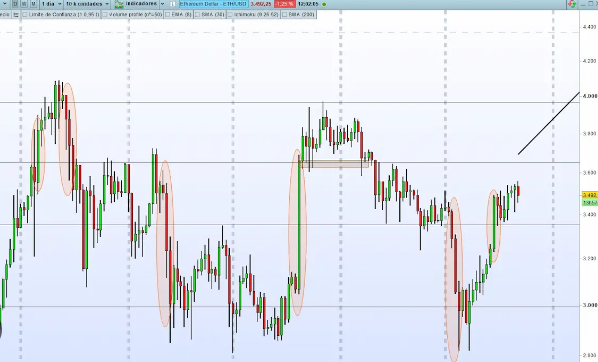The Importance of Flexibility in Forex Trading
Flexibility is a crucial aspect of successful forex trading. The forex market is highly volatile and constantly influenced by various economic, political, and social factors. Being able to adapt to changing market conditions and adjust trading strategies accordingly is vital for traders. Here are some reasons why flexibility is important in forex trading:
- Market Dynamics: Forex markets are dynamic and constantly changing. Market conditions can shift rapidly due to economic indicators, geopolitical events, or sudden changes in investor sentiment. Traders need to be flexible in their approach to quickly adapt to these shifts and make informed trading decisions.
- Risk Management: Flexibility is key to effective risk management in forex trading. Being able to quickly modify positions or implement risk-reducing strategies like stop-loss orders enables traders to limit potential losses. Flexibility allows traders to adapt to market fluctuations and adjust their risk exposure accordingly, reducing the impact of unexpected developments.
- Opportunity Identification: The forex market presents a wide range of trading opportunities, but these opportunities can arise at any time under different market conditions. Flexible traders can identify and seize these opportunities by closely monitoring market developments, technical indicators, and news events. Having the ability to recognize and act on opportunities swiftly can result in profitable trades.
- Trading Strategies: Flexibility allows traders to employ different trading strategies based on market conditions. Whether it’s trend following, range trading, or breakout strategies, forex traders need to be adaptable and willing to adjust their approach as market conditions change. Flexibility also enables traders to test different strategies and adjust their approach based on their performance and market feedback.
- Emotional Control: Flexibility helps traders maintain emotional control, which is crucial for successful trading. Unexpected events or market fluctuations can evoke emotional responses, such as fear or greed, which can lead to impulsive decisions and counterproductive trading. Being flexible allows traders to detach from emotions and stick to their trading plan, making rational decisions based on market analysis rather than emotional reactions.
- Learning and Improvement: Flexibility enables traders to continuously learn, adapt, and improve their trading skills. Markets evolve, and strategies that worked in the past may not be effective in the future. By staying flexible, traders are open to new ideas, techniques, and insights that can enhance their trading performance.
In conclusion, flexibility is a fundamental attribute for successful forex trading. Being adaptable, embracing changing market conditions, managing risks effectively, and continuously improving trading skills are essential elements for achieving long-term success in the constantly evolving forex market.













2 comments